Education and the political economy of environmental protection
ABSTRACT
We develop a political economy model that might explain discrepancies in environmental performance, through educational choices. Individuals decide whether to invest in additional education according to their expectations regarding future environmental quality. They also vote on a tax that will be exclusively used to finance environmental protection. We show that the model may generate multiple equilibria, and agents' expectations may be self-fulfilling when public policy is endogenous. We then analyse the long-term implications of a public policy that would favour education and make it possible to select the higher equilibrium.






